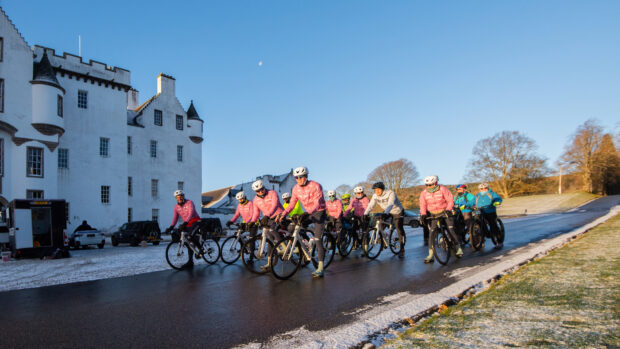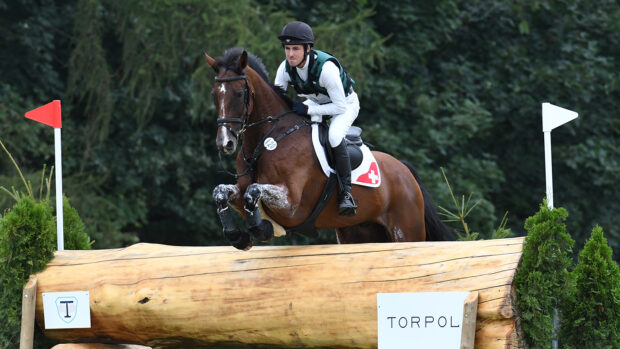The Medical Equestrian Association (MEA) is campaigning to recruit and train more young doctors to officiate at shows and events amid fears that the number of doctors who volunteer at equestrian fixtures is dwindling as enthusiasts get older.
David Carter, secretary of the MEA, puts the average age of the association’s 300 members at around 60. All give up time, normally annual leave, and work unpaid at equestrian fixtures. Some doctors who are not members also provide cover.
“Events couldn’t run without senior doctors,” he says. “Young doctors don’t know their duties from one week to the next, but we would dearly like to encourage them. Technically, doctors should stop officiating at 70, but they can sometimes continue with permission.”
Since the Department of Health introduced revalidation – all doctors must be reviewed regularly by a colleague – it has become more difficult for retired doctors to retain their right to practise. Also, some doctors’ litigation insurance does not cover them for officiating at equestrian events.
Doctors at some events are required to have an advanced trauma life support certificate, but in addition, MEA members have set up two courses to train doctors specifically for equestrian fixtures.
Dr Stephen Chadwick runs one of them and says: “The problem is that you either have young doctors who aren’t very experienced in trauma medicine but are keen on horse sports, or older doctors who know little about horses.”
Dr Alan Cooper, chief medical officer at Royal Windsor Horse Show and former doctor to the British Olympic team, believes that financial incentive will eventually have to be offered.
“Young doctors nowadays don’t like taking annual leave to do this for free, and the older ones are not going to go on for ever,” he says.
Legislation regarding medical cover at sports grounds does exist, but equestrian disciplines are largely self-regulating. For example, British Eventing requires both a doctor and ambulance to be present for the cross-country and show jumping, but that one or other should be at the dressage.
For details (tel: 01664 840678) or visit www.medequest.fsnet.co.uk




